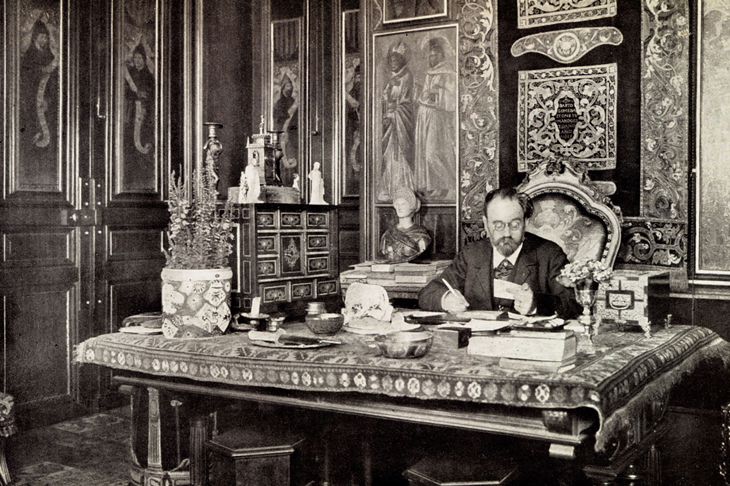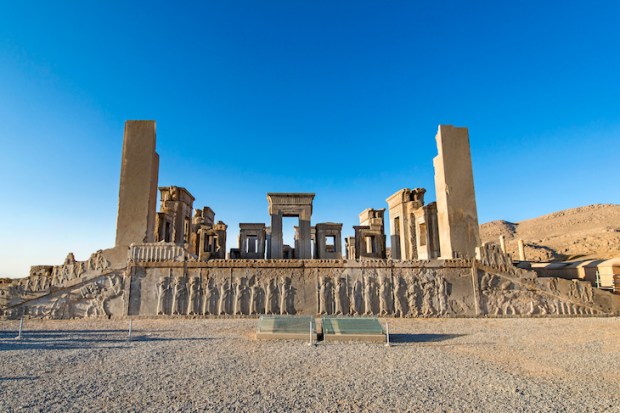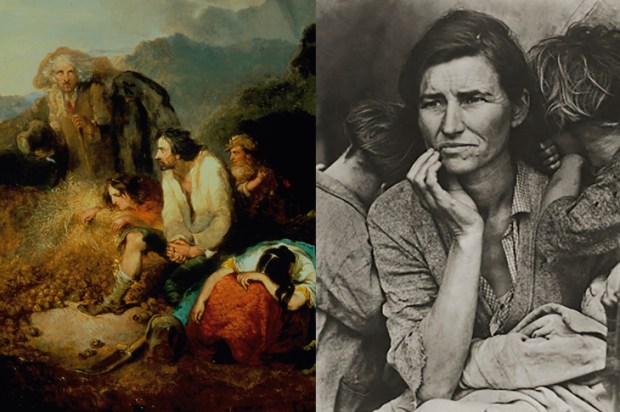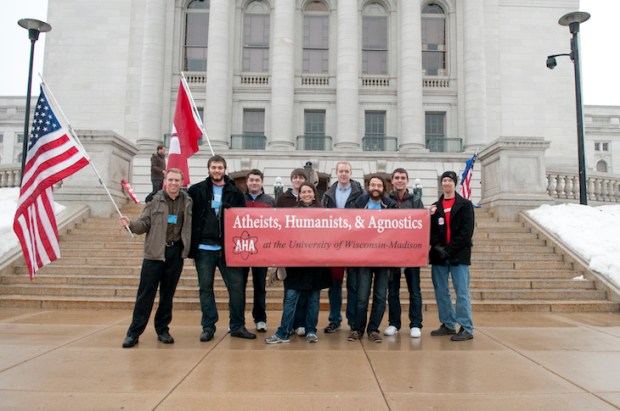Here is a detail that says a lot. In the French translation of this latest book by the Israeli historian Shlomo Sand, the title was followed by a question mark. In the English translation there isn’t one. The author is making a statement, not asking a question. The French intellectual is dead, finished, a thing of the past.
If this is supposed to be polemical, it is an epic failure. Even if Paris still retains its unique aura, everyone knows that it no longer rules the intellectual and artistic world: the likes of Zola and Sartre seem to have produced no weighty legitimate heirs. So what will The End of the French Intellectual tell us that we haven’t already heard?
I’ve lost count of all the books on this subject, or the end of French cuisine or simply the end of France. It’s a profitable genre in itself, and an interesting one to decipher. When written by someone French, these works usually reveal a defeatist mentality, filled with existential malaise. The many such essays since the late 1990s have led a fashion known as déclinologie.
When written by a foreigner, they more often demonstrate some deep-rooted fascination that has grown bitter. Although partly educated in France, as a doctoral student in the late 1970s, Sand belongs in the second category. Here he writes of his amours de jeunesse with the bile and bad faith of a spurned lover.
Let’s begin with Sartre, one of Sand’s Left Bank idols whom he now hates himself for having loved. ‘The discovery of Sartre’s rather unheroic action during the German Occupation created the first cracks in my image of him,’ he explains. Was it unheroic to have escaped death at the hands of the Nazis? It’s a strange way to describe someone who simply survived the war in one piece. Or is Sand insinuating that Sartre was a collaborator? He may have taken fewer risks than Camus, who was active in the resistance and also survived the war unscathed. But Sartre did escape from prison camp, create a resistance movement (which admittedly petered out after a few months) and from 1943 attend underground meetings of the CNE (Comité National des Ecrivains) — all activities which would have landed him in trouble with the German occupiers. For the rest of his life, for better or worse the war had a profound influence on his intellectual outlook.
Sand’s book sets out to paint a portrait of the French intellectual and his many failings from the Dreyfus Affair — when the word was coined — to the Charlie Hebdo attack when, according to Sand, the last few remaining specimens proved their irrelevance and racism. His principal argument is that the judeophobie which underlaid the French intelligentsia in the 1890s has been replaced today by Islamophobia. To prove his point, Sand directs his venom at the novelist Michel Houellebecq, the philosopher Alain Finkielkraut and the polemicist Eric Zemmour.
These are odd choices. Houellebecq is not a public intellectual. He only emerges from his den every other year or so to promote his latest novel and never gives his views on world affairs. Zemmour is a columnist, a ubiquitous and sometimes unsavoury media presence, and the French Left’s favourite punchbag. It wasn’t always so; but the more he was attacked by the bien-pensant Left, the more Zemmour veered to the Right. He now lives under police protection — a sorry state of affairs for all involved.
Only Finkielkraut can be described as a true public intellectual. Constantly accused of Islamophobia and fascism — again by the bien-pensant Left — he bears the blows with the same resilience that Sartre showed when attacked in the late 1940s for refusing to choose between the Gaullists and the Communists.
And Finkielkraut is perhaps the only person in Sand’s book to offer a refutation of its central statement. He is not only a profound humanist (if a pessimistic one); he is also one of the last brilliant universalists that France can boast. If anyone is the heir of both Zola and Charles Péguy, it is he — a Don Quixote of bold intelligence, denouncing stupidity wherever it comes from. He doesn’t aim to please, only to enlighten. And that takes extraordinary courage today.
But to criticise Sand ends up being futile. The anti-Semites’ favourite Jew, the anti-Zionists’ beloved Israeli, the Francophile who says ‘I’m not Charlie’ three days after the massacre, is not interested in delivering a rigorous study of the French intellectual. Finding fault with his work, in his opinion, validates his position. So, apart from offering an interesting portrait of a Marxist contrarian, The End of the French Intellectual perhaps merely deserves a shrug. Anyone interested in the subject should read instead the late Tony Judt’s Past Imperfect: based on facts and research, that book explains with brilliant cruelty the real roots of French intellectual decadence.
Got something to add? Join the discussion and comment below.
Get 10 issues for just $10
Subscribe to The Spectator Australia today for the next 10 magazine issues, plus full online access, for just $10.
You might disagree with half of it, but you’ll enjoy reading all of it. Try your first month for free, then just $2 a week for the remainder of your first year.














Comments
Don't miss out
Join the conversation with other Spectator Australia readers. Subscribe to leave a comment.
SUBSCRIBEAlready a subscriber? Log in